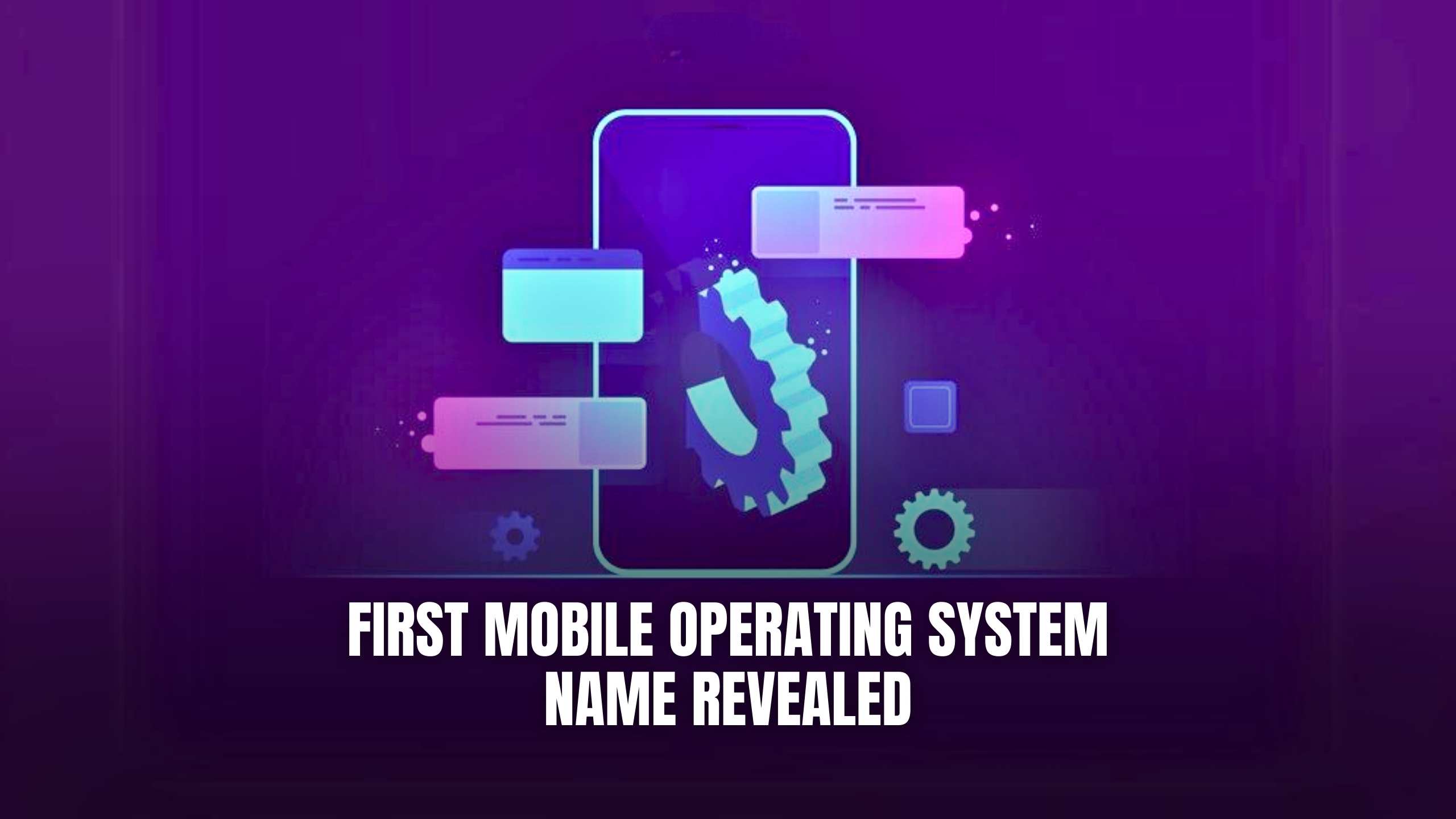First Mobile Operating System: Name Revealed
- WebOps Platforms Bug Tracking & Feedback Software Web Development & Design


First Mobile Operating System: Name Revealed
In the ever-evolving landscape of mobile technology, the quest to unveil the first mobile operating system takes us on a journey through the annals of innovation. Delving into the origins of mobile OS, we uncover the groundbreaking platform that laid the foundation for the smartphone era.
Evolution of Mobile Operating Systems
The inception of mobile operating systems dates back to the early days of handheld devices. While various contenders emerged, it was the Palm OS that can be credited as a pioneer. Launched in 1996, Palm OS provided an intuitive interface, touch functionality, and app support, setting the stage for future mobile platforms.
Rise of Symbian: A Trailblazer in Mobile OS
During the early 2000s, Symbian OS dominated the mobile landscape, powering a plethora of devices. Known for its versatility and widespread adoption, Symbian OS played a pivotal role in popularizing smartphones and introducing key features, including customizable home screens and third-party applications.
Windows Mobile: Microsoft’s Entry into the Mobile Realm
Microsoft entered the mobile OS arena with Windows Mobile, making its debut in 2000. Offering a familiar Windows-like interface, this OS gained traction with its seamless integration of Microsoft Office and a wide array of applications, contributing to the evolution of mobile productivity.
iOS Revolutionizes the Game
The unveiling of the iOS by Apple in 2007 marked a paradigm shift in mobile operating systems. Intuitive touch controls, an App Store ecosystem, and regular updates became hallmarks of iOS, elevating the user experience and reshaping the smartphone industry.
Android Emerges: An Open-Source Revolution
In 2008, Android OS emerged as a game-changer, providing an open-source platform that fostered innovation. Developed by the Open Handset Alliance and backed by Google, Android gained widespread adoption, offering customization, a vast app ecosystem, and seamless integration with Google services.








